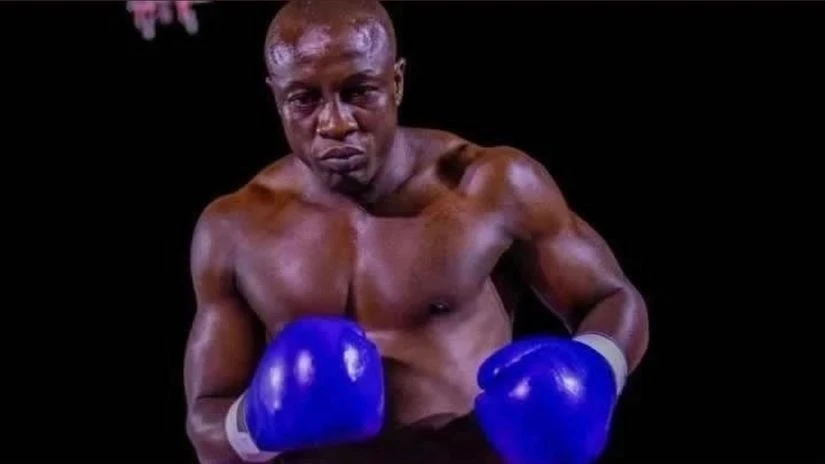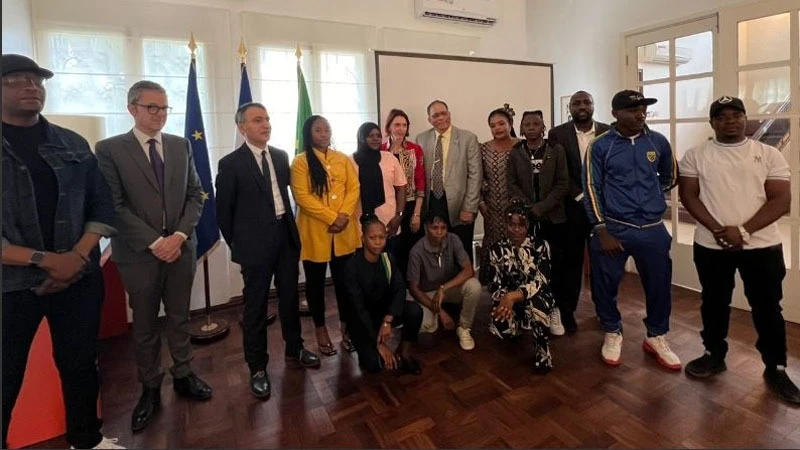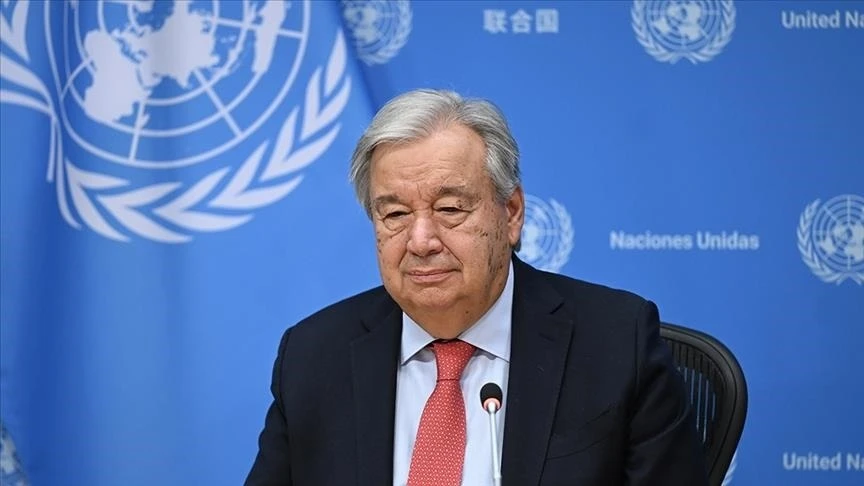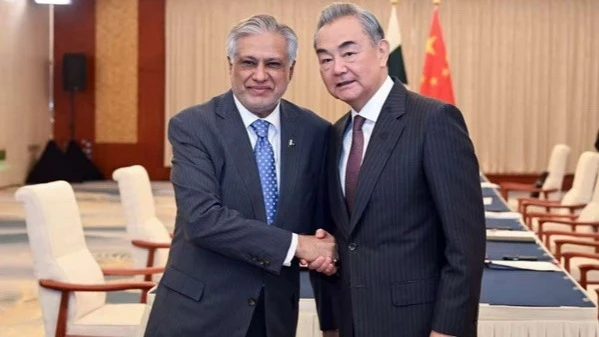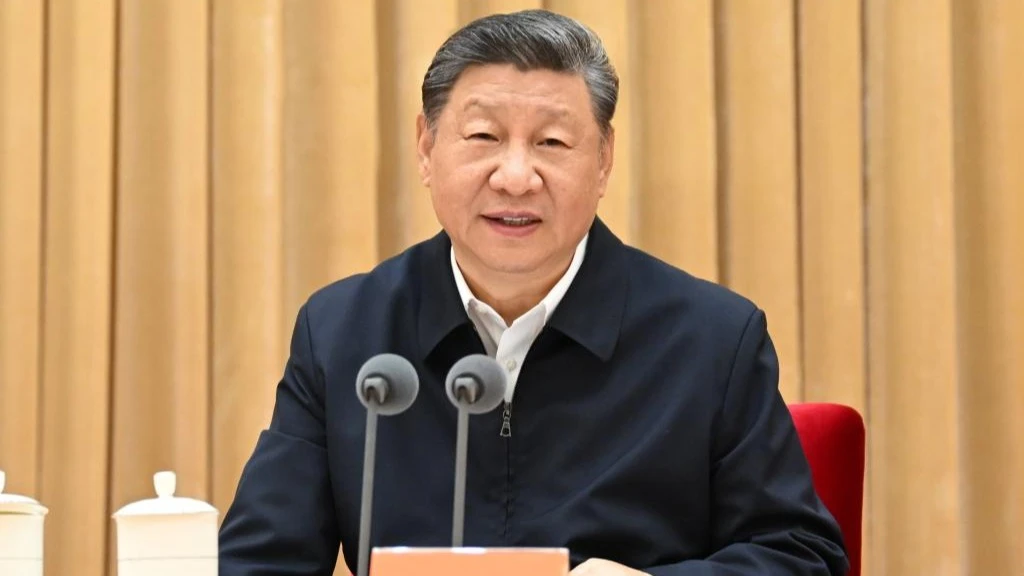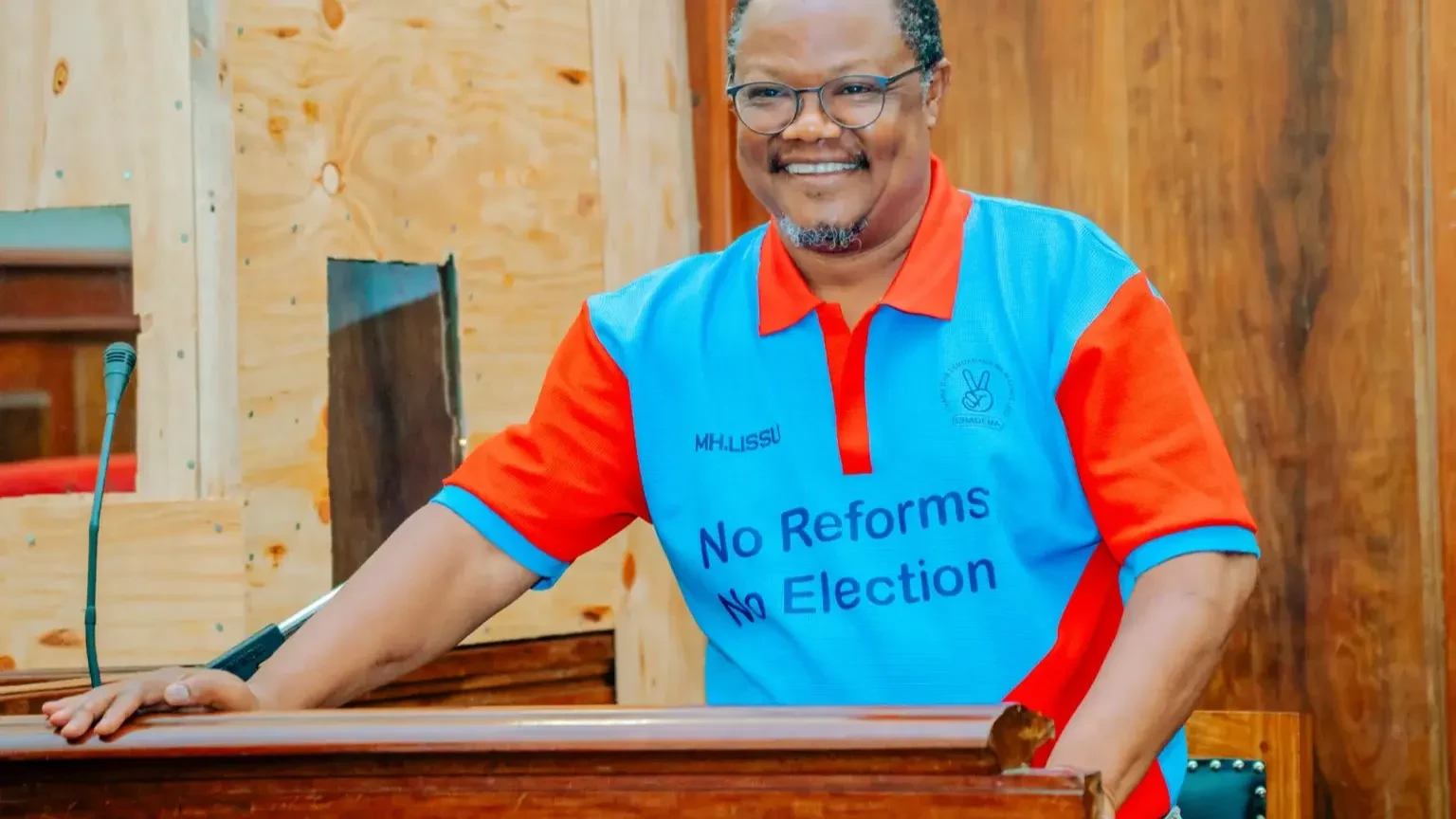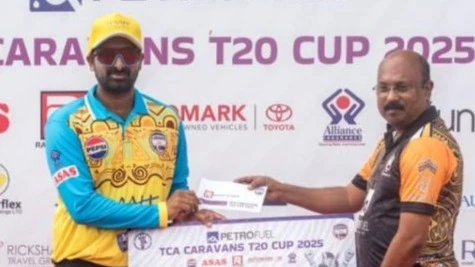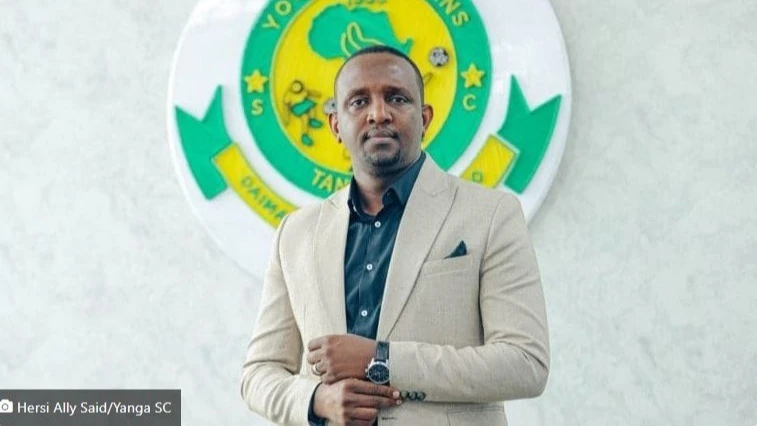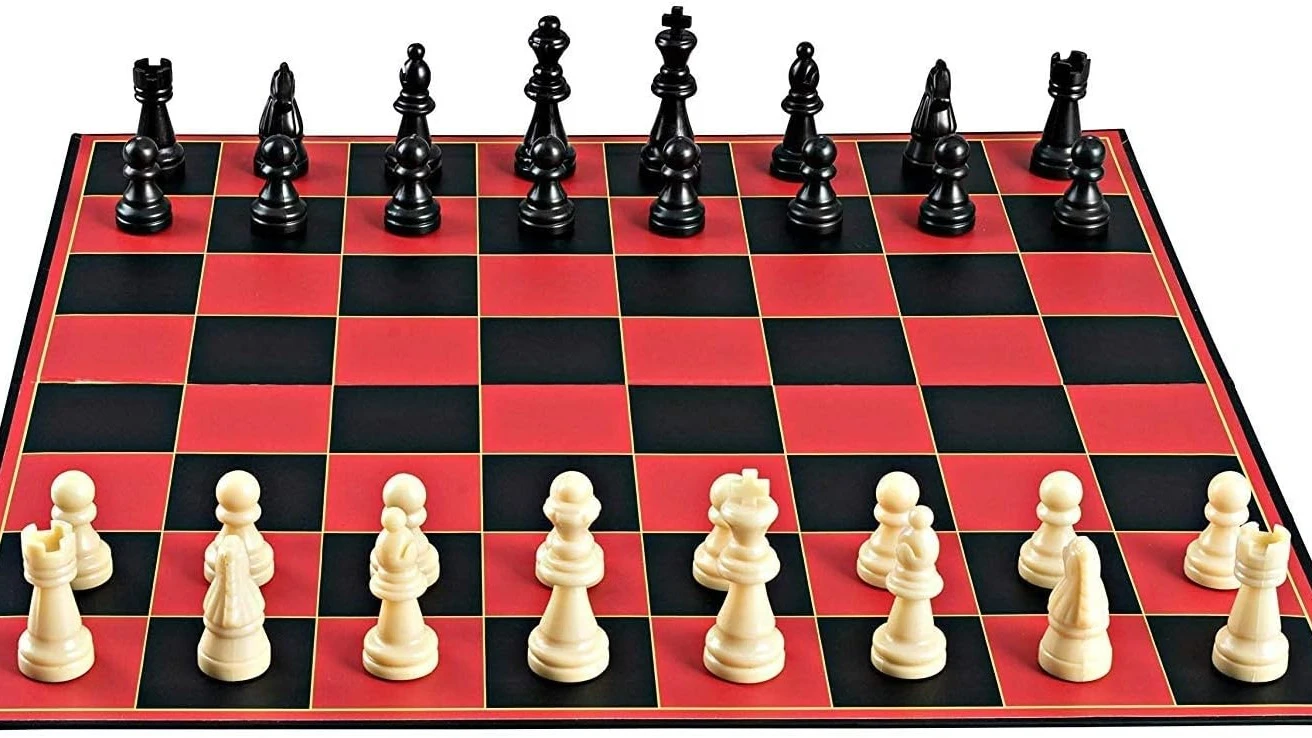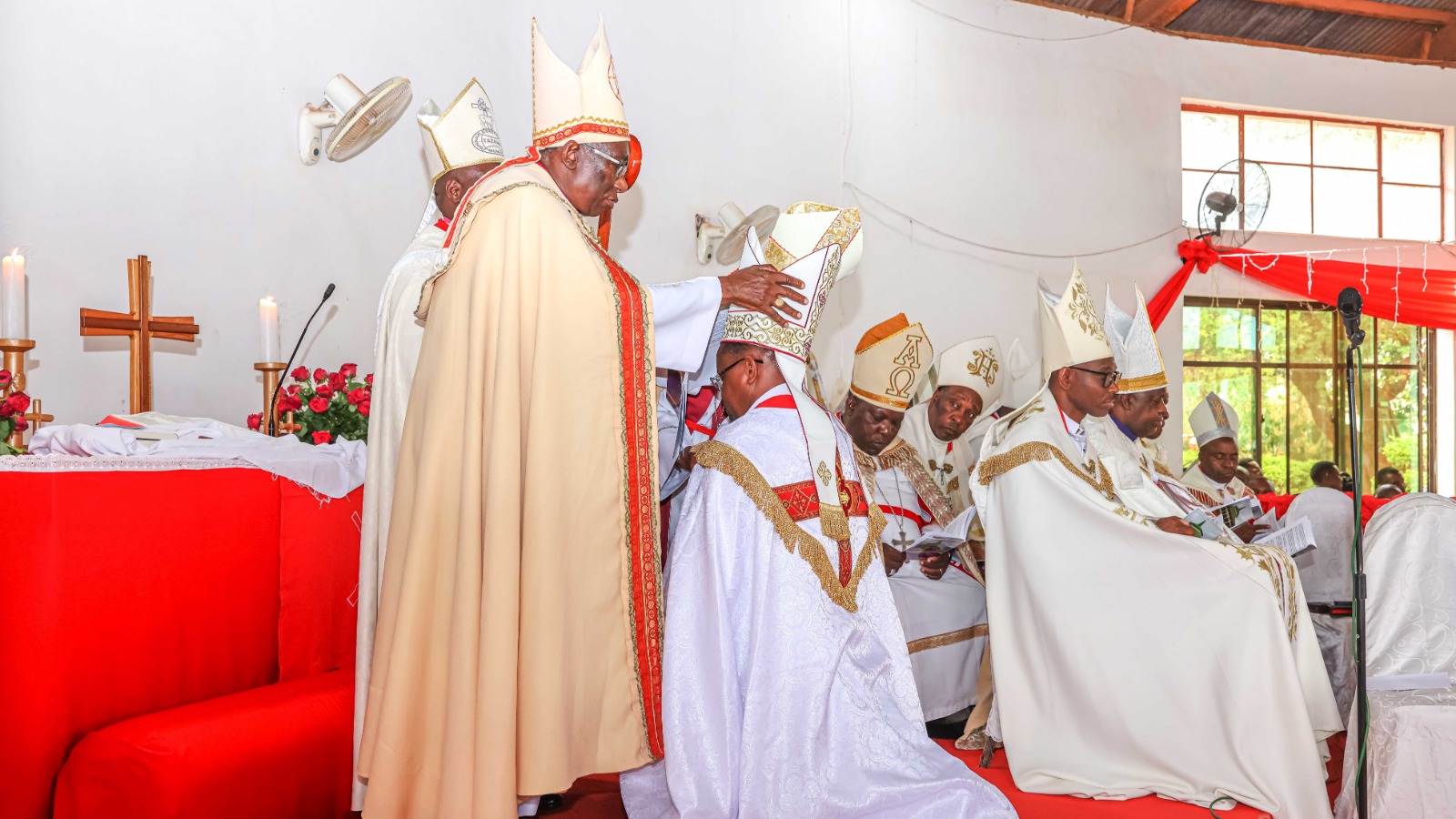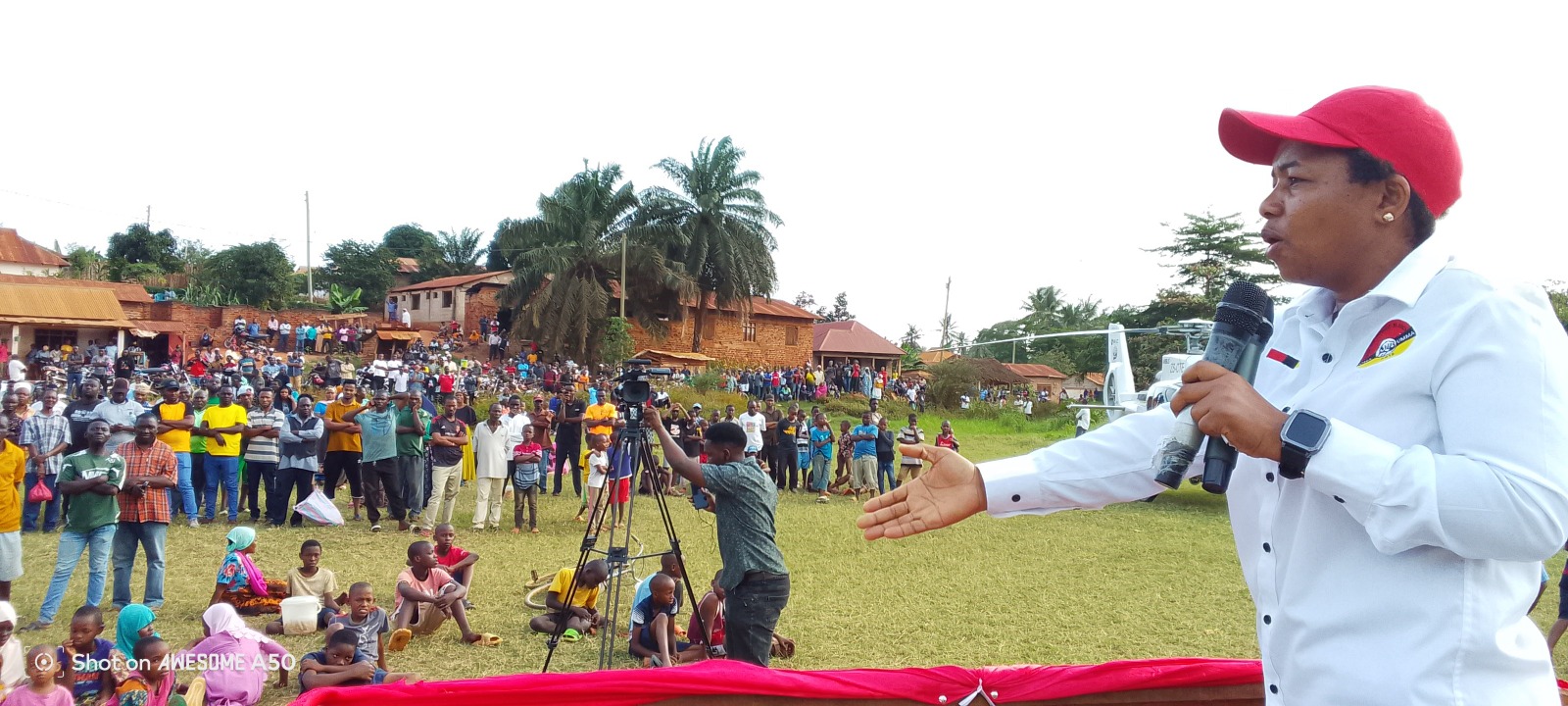Chess association hails growth of game among youth
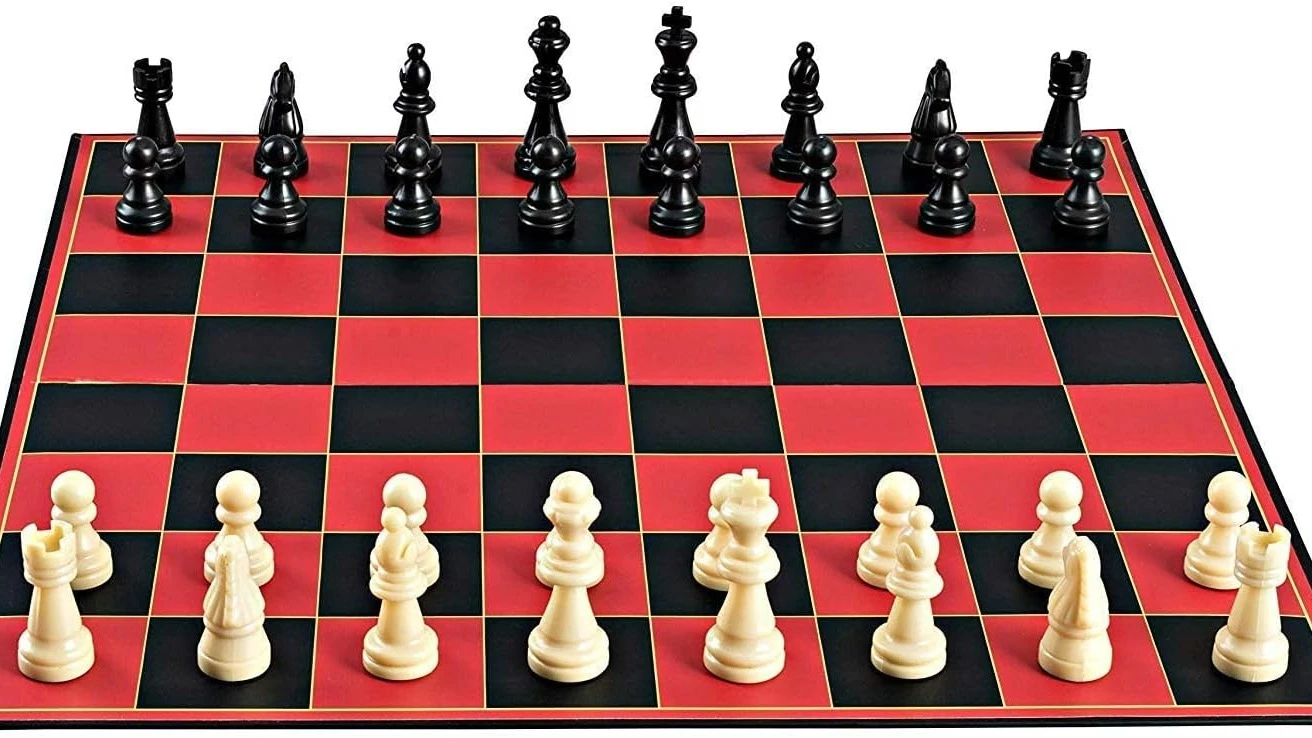
THE Tanzania Chess Association (TACA) has expressed satisfaction with the steady progress and growing popularity of chess across the country, particularly among the youth.
In an exclusive interview with The Guardian, TACA Information Officer Mussa Mangula said the sport has seen significant growth - especially at the grassroots level - since the election of new leadership last year. Prior to that, the association operated under interim management.
“We are impressed with how the sport is growing in Tanzania. There are now more young people playing chess than ever before,” Mangula said. “We’ve launched several initiatives and welcomed new stakeholders to support the game.”
He added that under the new leadership, TACA has prioritized the development of chess in schools as part of a nationwide effort to nurture young talent and expand the game’s reach.
“We’re also in the process of renovating our administrative offices - a long-overdue project that symbolizes the fresh start we’ve taken as an organization,” he noted.
A key area of focus, according to Mangula, is increasing the number of certified arbiters under the World Chess Federation (FIDE).
“Tanzania currently has very few certified arbiters. We want to change that by building local capacity,” he emphasized.
Despite the progress, Mangula acknowledged several challenges remain - chief among them being limited corporate sponsorship and lingering misconceptions about the game.
“There’s a myth that chess is a game for the rich, but we want to break that stereotype. Chess is for everyone, regardless of background. We’re still seeking support from individuals and institutions willing to invest in the sport,” he said.
Among other notable achievements under the current leadership, Mangula highlighted the streamlining of internal operations, which has enabled the successful organization of numerous chess events for juniors, seniors, and both male and female players.
“Last year, we sent five players to represent the country at the Chess Olympiad in Budapest. The team included Ebrahim Zahabiyah, Mahi Shah, Anahi Shah, Bertha Samson, and Lissa Joseph,” he said.
Mangula concluded by encouraging continued support from the public, schools, and the private sector to sustain momentum and unlock chess's potential as a tool for critical thinking, discipline, and youth development.
“Chess is not just a sport - it’s a mental gymnasium. It teaches patience, strategic thinking, and decision-making under pressure. By introducing it in schools, we’re not just building chess players - we’re shaping sharper minds for tomorrow’s challenges.”
Tanzania is now home to a growing number of titled and certified chess professionals. These include: Hemed Mlawa, FIDE Master (FM); Yusuf Mdoe, Candidate Master (CM) and veteran player; Nurdin Hassujee, International Organizer (IO); Mussa Mangula and Mustafa Ebrahim, both National Trainers (NT) and FIDE-Licensed Arbiters: Mustafa Ebrahim, Yusuf Mdoe, Sharif Rashid, and Kaush Shah (female arbiter)
“These titles reflect TACA’s serious commitment to developing world-class chess talent,” Mangula noted.
Preparations are already underway for the highly anticipated Tanzania Open Chess Championship, scheduled for December this year.
Mangula said the tournament is expected to attract top local and international players, offering a strong platform for competitive play and talent exposure.
The Tanzania Chess Association continues to call on public and private stakeholders to support the sport as it moves into a promising future of excellence, opportunity, and inclusion.
Top Headlines
© 2025 IPPMEDIA.COM. ALL RIGHTS RESERVED



